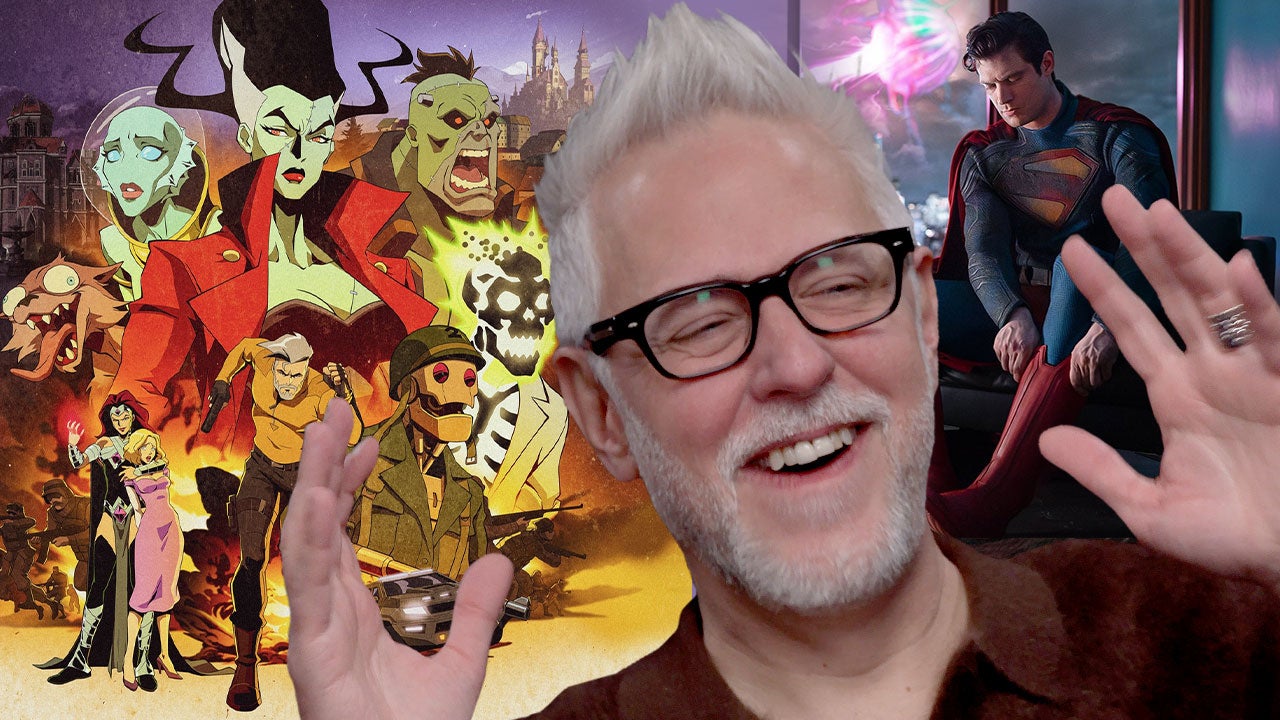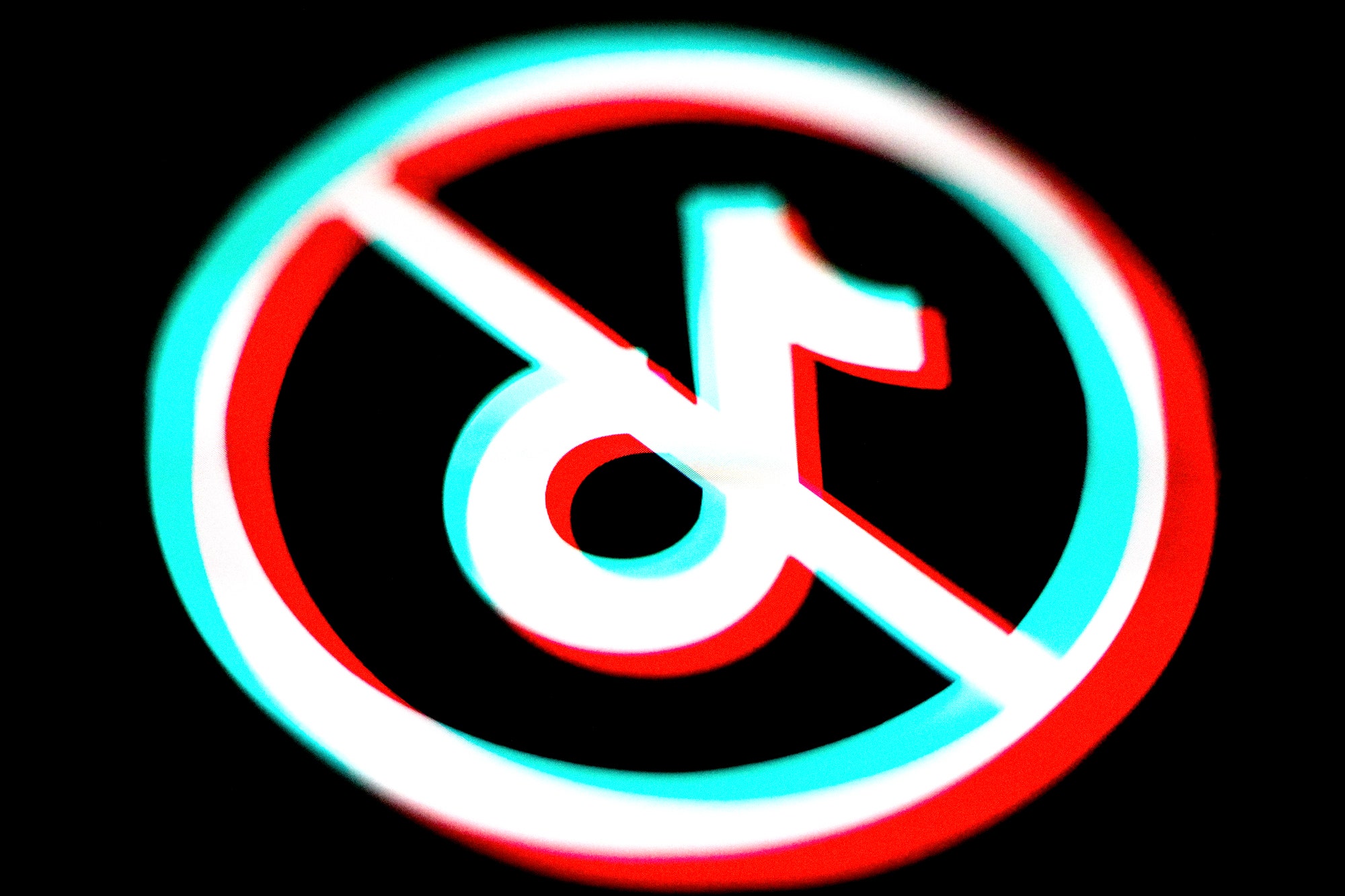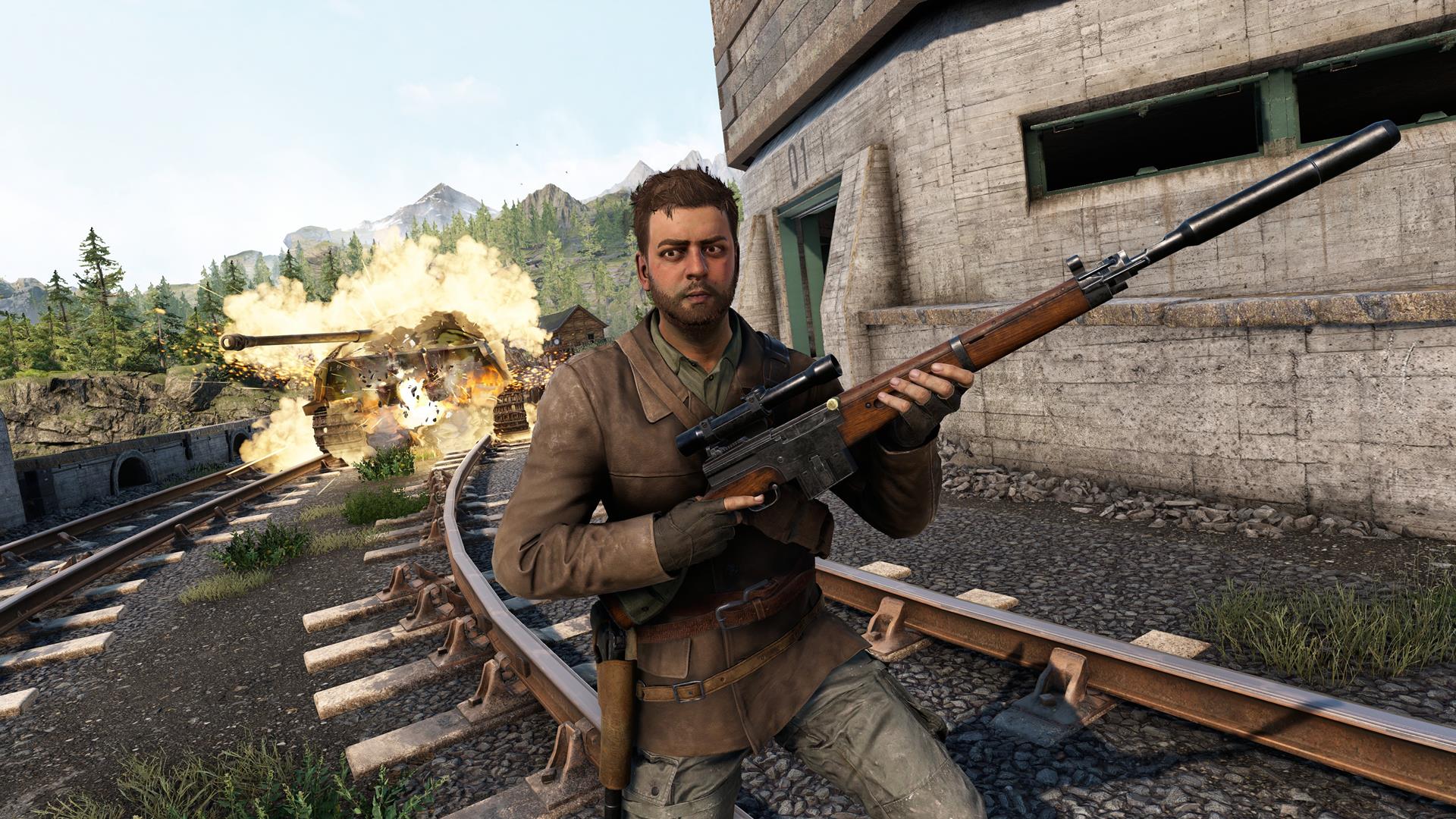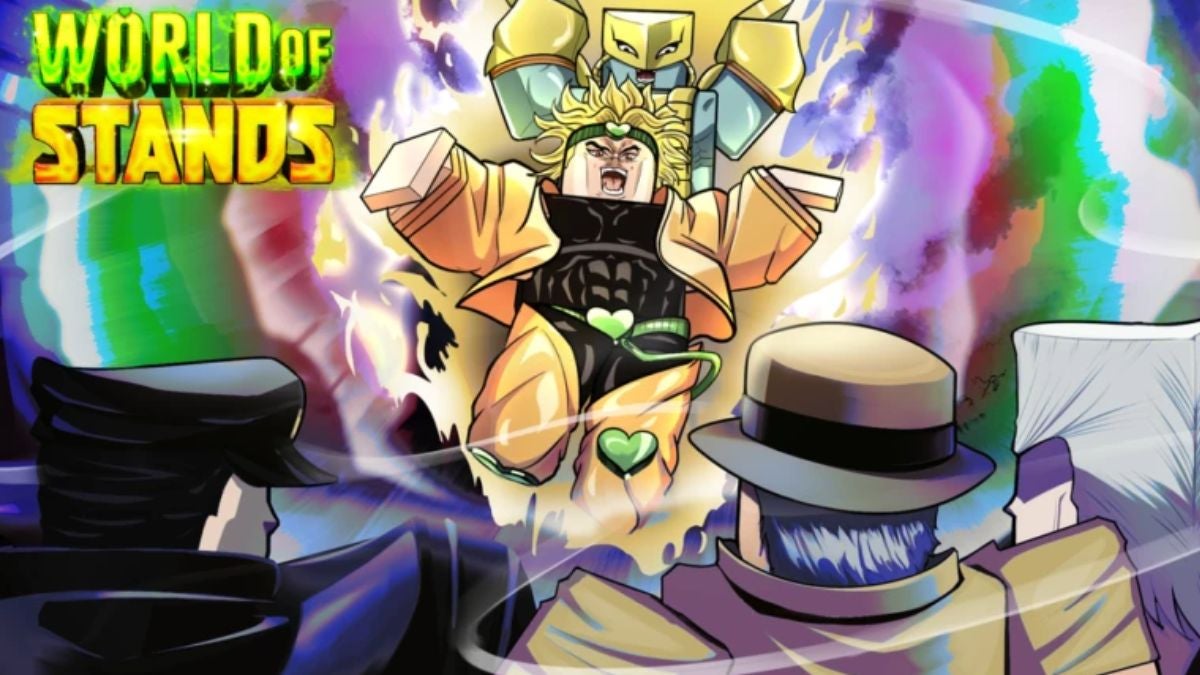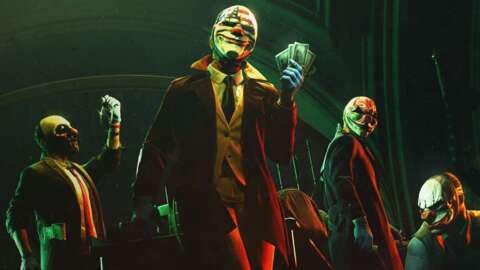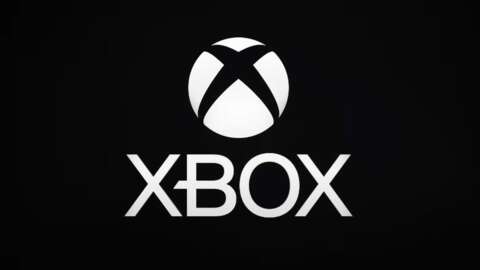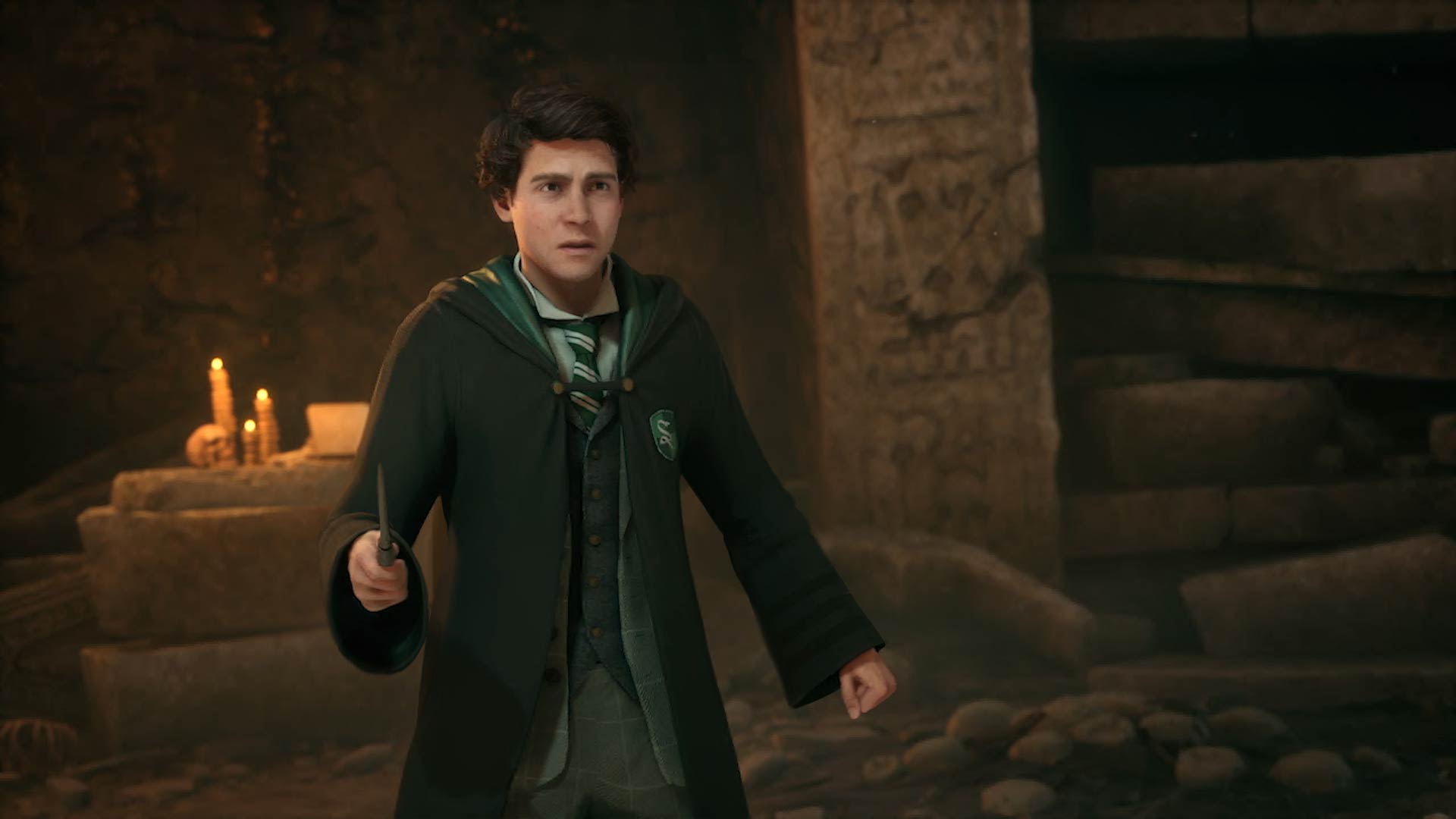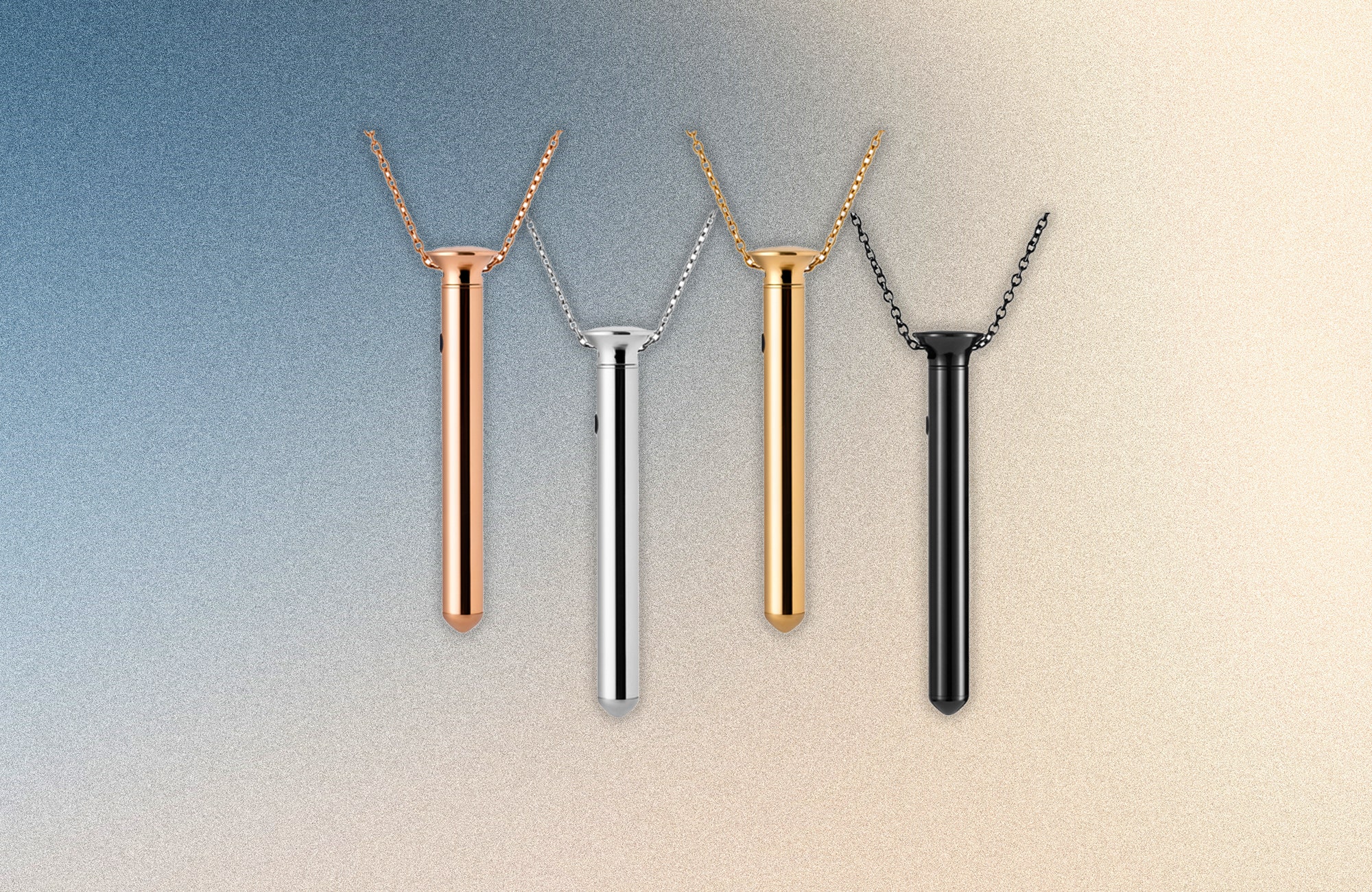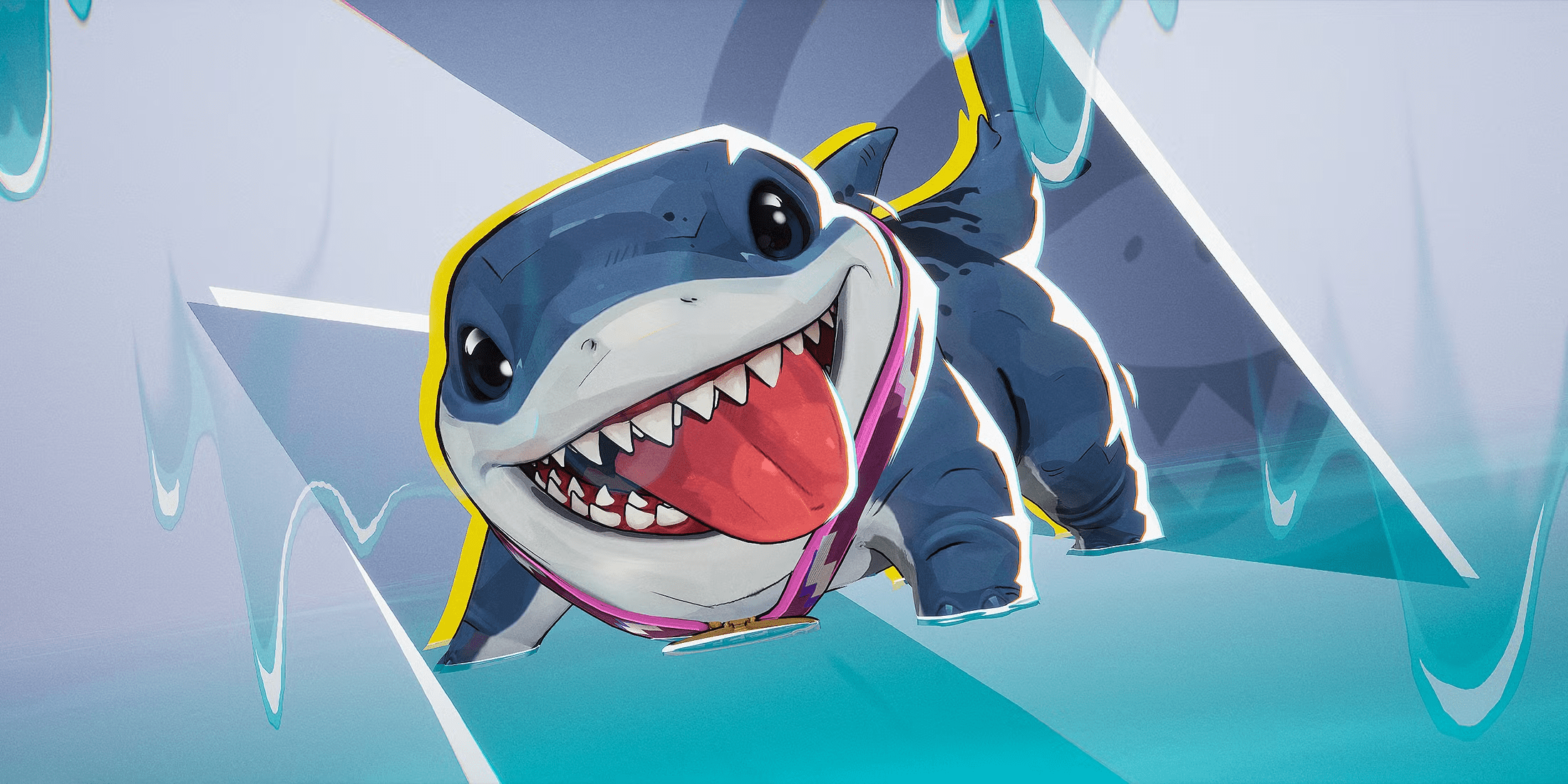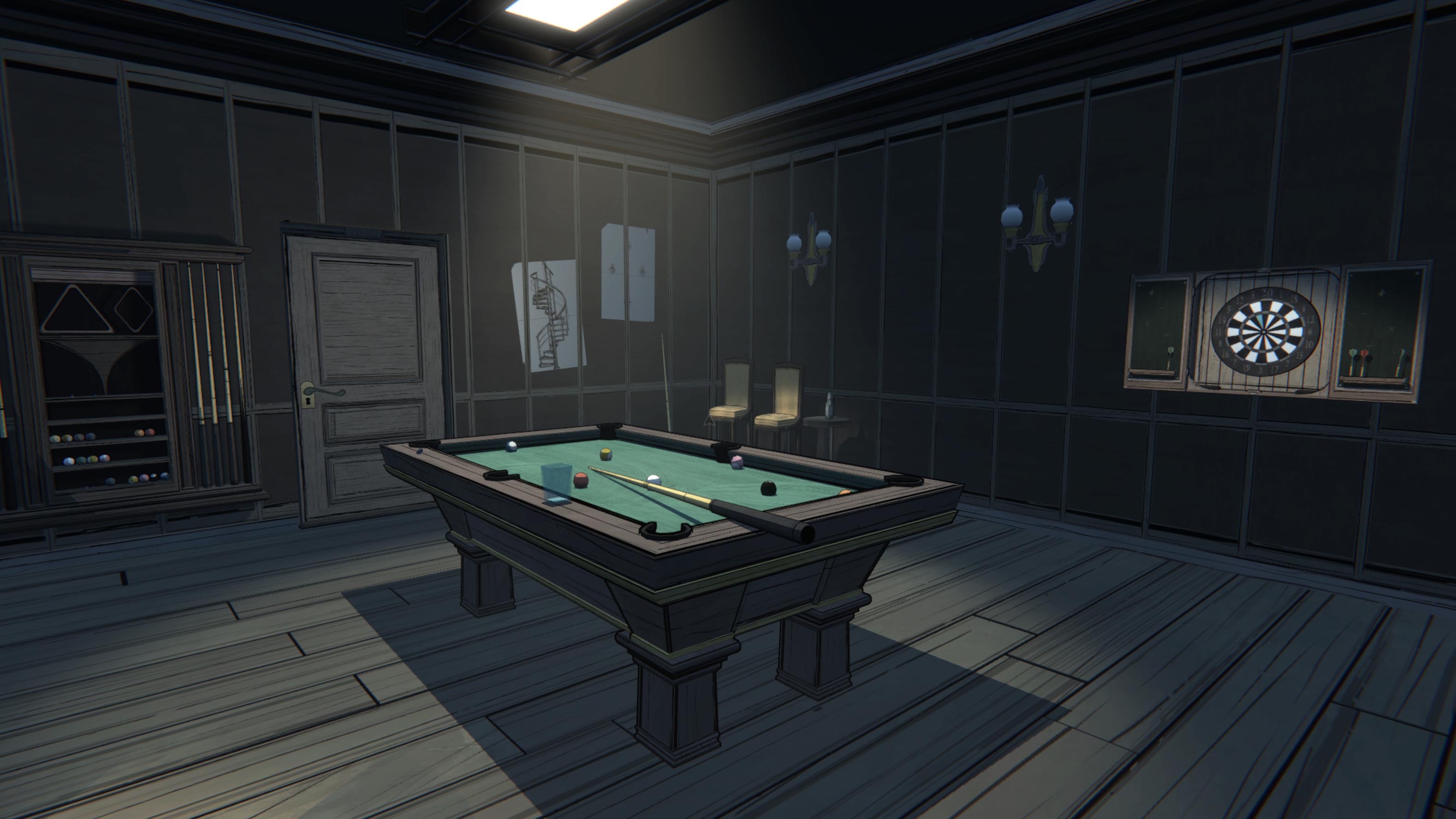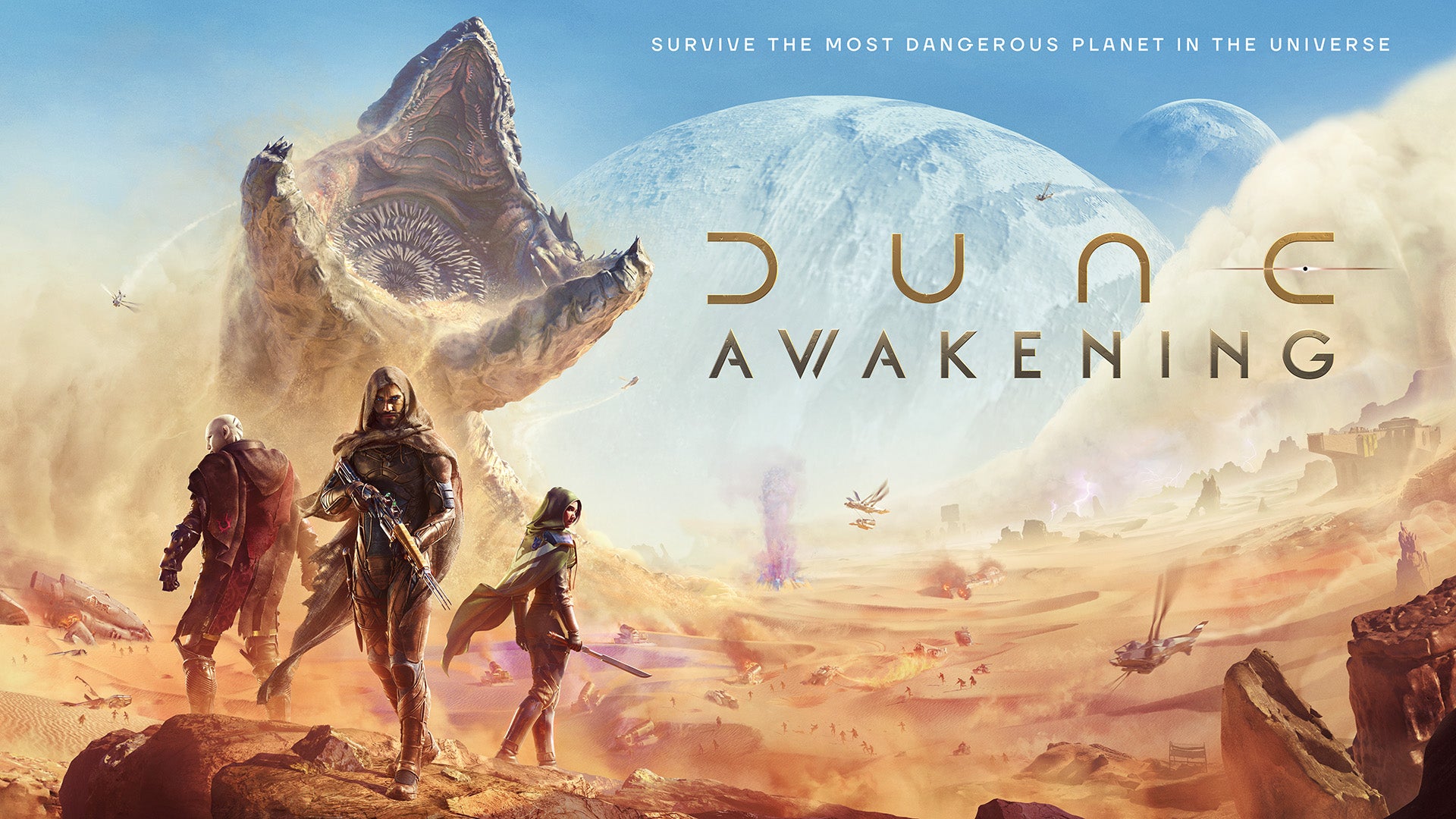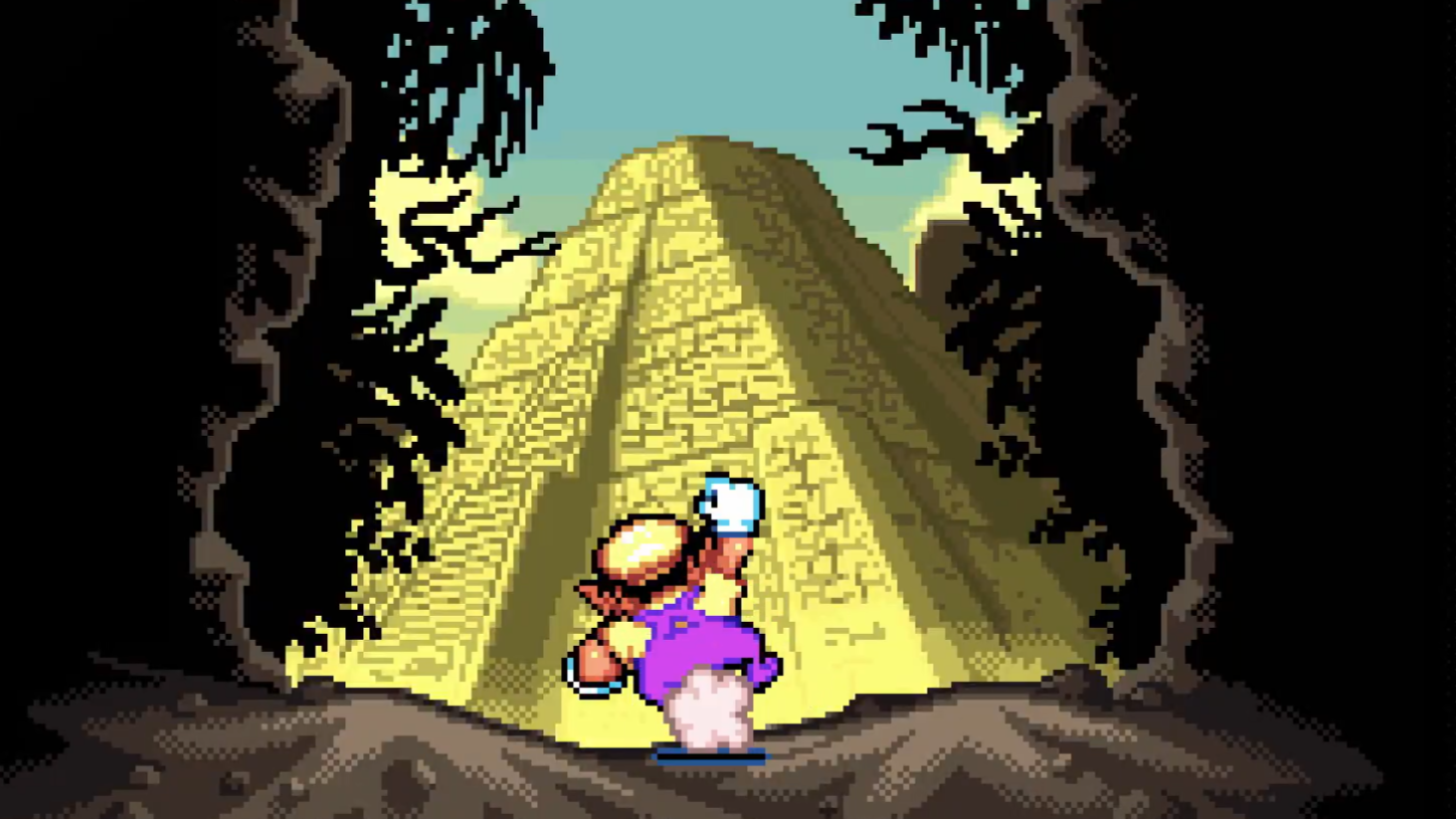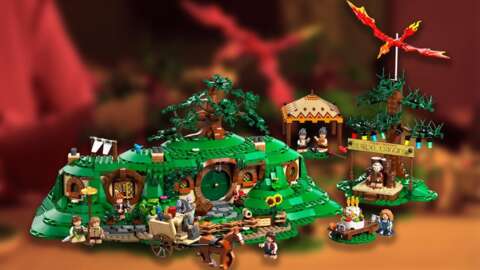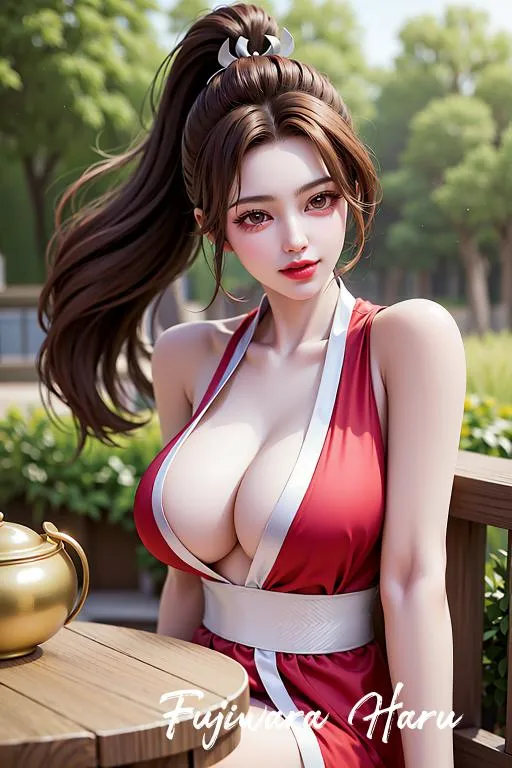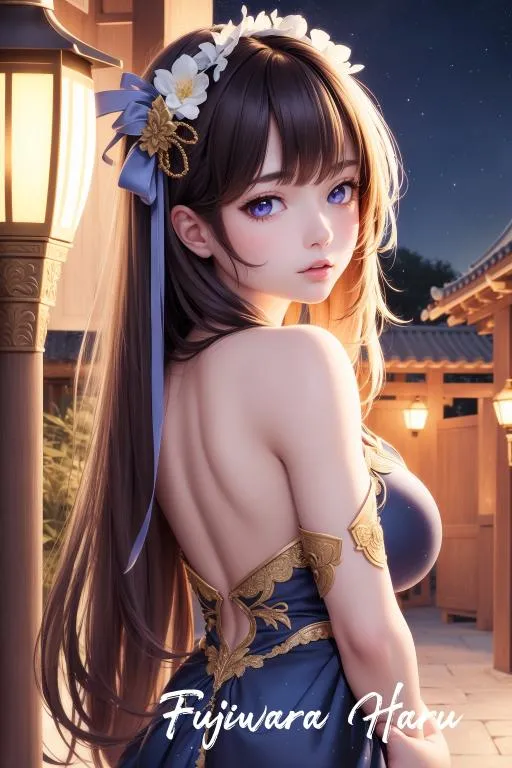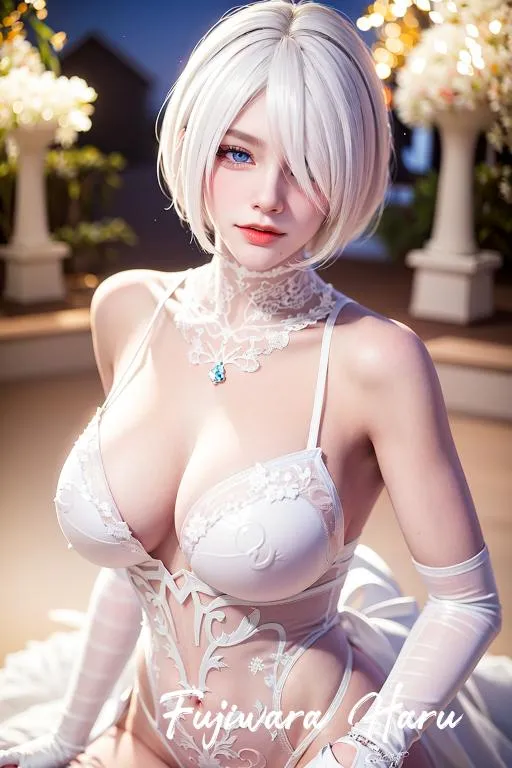Canon! For better or worse, Hollywood is what it is today in large part thanks to the concept of the shared universe. And the shared universe style of storytelling, of course, rose to popularity because of the huge success of Marvel Studios over the past 15 years. In other words, because of canon.
The other studios famously – or is it infamously – tried to follow the shared universe trend, usually failing to replicate Marvel’s big wins. And that includes the DCEU, a series that had its moments but never really found its footing as it tried to be the next MCU.
But that’s where James Gunn comes in.
“One of the weird things to me is none of this is real. It may be alarming to people, but none of it is real,” Gunn recently told me. “It's all just stories that we're telling about characters.”
Basically, as far as James Gunn is concerned, canon has become way more important than it should be. And his new DC Universe is going to reflect that point of view, big time.
Canon. What does it even mean these days?
Iron Man was the starting point for Marvel, but every success, as well as every failure, that has come out of Kevin Feige’s House of Ideas has been connected to that first Robert Downey, Jr. hit in some way. In other words, every Marvel movie and show has been canon to the MCU.
As a filmmaker who has worked for both Marvel and DC, and is now actually in charge of DC Studios along with his partner Peter Safran, James Gunn has a vision for his newly rebooted take on the world of Superman, Batman, Wonder Woman and the rest. It’s clear that for the Guardians of the Galaxy and The Suicide Squad director, canon and continuity and shared universes aren’t as important as plain old good storytelling. He told me as much when I spoke to Gunn recently.
“Hopefully there's authenticity and truth to those stories because we care about those stories, the characters, the actors, the performers, the animators,” says Gunn. “They all care about these stories, but it's not real”
It’s not real!? What a concept.
The Burden of the Marvel Shared Universe
Man, it was great when that first MCU post-credits scene revealed to us that Tony Stark was in fact about to enter a much larger world than he had ever dreamed of. And even better, Feige and his people actually pulled it off. Make no mistake: The Infinity Saga was pretty great. There were some duds or middle-of-the-road entries to be sure, but by and large Phases 1 through 3 did what comics fans had only dreamed about for generations: bringing a fully realized and lived-in superhero world to life on the big screen.
But what happens when the weight of all that shared continuity becomes overwhelming? We’re seeing it in the post-Avengers: Endgame Marvel movies, which have been more miss than hit. Increasingly, B- and C-list characters have been given their own movies and shows in an ever-widening world. The creators of these projects must contend with not just trying to introduce or evolve their characters’ stories, but also keep them tethered to the bigger Marvel U.
Is Marvel solely to blame for this? I don’t think so; we, as an audience, are now so attuned to the mindset of “what’s next” with these films that sometimes it can overshadow what is happening in the here and now of the actual stories. And you know, post-credits scenes don’t mean much if they never lead to anything in the long run.
Heavy is the head that wears the crown, Kevin Feige. It’s clear now that the balance between the push to grow the Marvel slate, and the audience hunger for new characters and movies, became skewed at some point. How many people do you think actually watched Secret Invasion, for example? And of those, how many cared? That’s a far ways off from that first Nick Fury appearance back in 2008.
But Gunn seems to get this, and he’s applying his learnings in his approach to the new DCU.
“So what's canon can really be whatever you want to be canon,” Gunn told me. “If you want to pretend that Greedo and Batman go on adventures together, you can pretend Greedo and Batman go on adventures together. That can be your canon.”
When IGN’s Jim Vejvoda recently asked about how important canon is or isn’t, David Harbour, who voices Eric Frankenstein in Creature Commandos, pointed to the BlizzCon “Red Shirt Guy” who became something of a meme.
“He came up to the microphone and asked a lore question about a certain dwarven clan, whatever, to the lead lore designer of World of Warcraft,” laughed the Stranger Things star. “The guy answered it, and then the Red Shirt Guy was like, ‘Actually, it was this, and it was this, and it was this.’ The lead lore designer who had been there for 10 years didn't know, whereas this fan did. Sometimes the lore is for... It's not even you creating it, it's for the other people.”
Breaking the Chains of Canon
Sure, a shared universe can offer lots of positives, like learning the new origin of Spider-Man involves Tony Stark functioning as Peter Parker’s mentor, or seeing pretty much every character team up in Endgame, or even the sheer joy of seeing Bruce Banner hear about everything he missed after he had left Earth for a while. (“There’s an Ant-Man and a Spider-Man now?”)
But it can also mean being bound to a house style, as the Marvel movies are. Even the films that have explored overtly non-superhero genres, like say The Winter Soldier’s political thriller aspects, or the more comedic aspects of the Guardians movies, still exist squarely in the MCU. They look mostly the same, and they feel mostly the same. The ability for filmmakers to hit different tones or truly explore unique cinematic avenues with their characters is very, very difficult when they ultimately have to tie everything back to the next big Avengers crossover.
Gunn is very aware of those limitations.
“The way I approach the DC Universe, one of the things I love about DC is that there are all these different manifestations of these same characters and different realities, different canons really,” he says. “From the mainstream universe's Batman to Frank Miller's Batman to The Long Halloween's Batman to Absolute Batman. They're all different manifestations of the same character that we get to see from different angles in different ways. And then all the different movie Batmen.”
In the case of Creature Commandos, the animated TV series which is the first entry in the new DCU, Gunn and showrunner Dean Lorey pulled from several different inspirations. Take the character of Eric Frankenstein. The pair based their version of the famed monster on the Frankenstein from the DC comics and Mary Shelley's Frankenstein, and then of course David Harbour's performance also brought a unique element to the character.
“But I don't start with what is. I'll start with what can be true for this story,” says Gunn. “And so this is really just taking characters in the DCU and seeing all of these characters we love from different angles. Some of them are very, very, very true to what we have experienced in comic books, and some of them we changed a little bit.”
Appeasing the Franchise Gods
Now none of this is to say that Gunn is going to roll in and make his new DCU incoherent. He didn’t become the co-CEO of DC Studios by coloring too far outside the lines, and he’s smart enough to know that he has to play the game. In fact, he already hit his first continuity glitch before any of the new DCU shows or movies even came out.
“The truth is almost all of Peacemaker is canon with the exception of Justice League … which we will kind of deal with in the next season of Peacemaker,” he says.
Gunn is of course referring to the scene in Season 1 of the Peacekeeper Max series where the old Justice League from the Zack Snyder movies have a cameo. That no longer will make sense in the new universe, where we already know David Corenswet is Superman, not Henry Cavill, and no doubt the rest of the heroes will be recast as well.
But this is also perhaps a good case study of how Gunn will approach his idea of canon. Basically, if he thinks something is cool, he’s going to use it. And if not, it’s out.
“Real simply, nothing for sure is canon unless you see it in Creature Commandos forward for the DCU,” explains Gunn. “Now in Creature Commandos, you'll hear them talk about things that happened in Suicide Squad or Peacemaker, well then those things automatically become canon. … But really, to be totally sure, everything that's purely canon is Creature Commandos through Superman, through Lanterns, Supergirl, Peacemaker Season 2.”
It it a coincidence that the two DC projects that Gunn worked on before he took over as the boss of all of DC Studios, The Suicide Squad and Peacemaker, are the two things he mentions as remaining canon to some degree? Of course not. But also, it makes sense that as a writer and director he’d still be wanting to pull on some of the threads that he set up in those earlier stories.
Gunn and Peter Safran have also walked into a somewhat different situation than Marvel in that DC was already making standalone projects that existed outside of the DC world that was first launched with Snyder’s Man of Steel. Not only were there an array of unrelated DC TV shows on the air – even now Superman & Lois just aired its final episode, the last vestige of the once mighty Arrowverse – but then there are the movies, like Joker and its sequel, and the Matt Reeves/Robert Pattinson The Batman, which also has a sequel in the works and recently had the TV spinoff The Penguin on HBO and Max. These all existed outside of the DCEU and now outside of Gunn’s universe as well.
The table has long been set for a more fractured DC world, so if Gunn decides that, say, the already announced Swamp Thing movie from Logan director James Mangold should exist as its own thing, untethered to the rest of the world, then so be it. We all spent a lot of time worrying about how Logan fit into the bigger X-Men world back when it came out, after all, and it ultimately didn’t matter anyway. The important thing is it was just a great movie.
Perhaps supporting this idea even more are the recent reports that Daniel Craig is in talks to star in a Sgt. Rock movie directed by his collaborator on the film Queer, Luca Guadagnino. The Italian director, who has also made films including Call Me By Your Name, Suspiria, and Challengers, is about as far from comic-book adaptations as you can get. And yet here we are.
Are Gunn and Safran going to be raiding the indie houses for talent to make their superhero films? God, I hope so. And if so, how shared can this shared universe really be without restricting what these filmmakers not only want to do, but what they’re good at?
Before the MCU changed the way the studios and audiences thought about these things, looser continuities were fair game. Go back at least as far as the old Universal horror movies, where the monsters like Dracula, the Wolf Man, and oh yes, the Frankenstein Monster would meet up and fight and typically kill one another, only for them to all be back and doing it again in the next picture, with little by way of explanation as to how they were back in action.
The list goes on – Godzilla, James Bond, the Planet of the Apes, and so on are all franchises that had continuity when it served the studios’ or filmmakers’ purposes, but it was also continuity that could just as easily be entirely broken. As a matter of fact, I made a whole video about this, so check that out when you’re done here.
But the point is, James Gunn is putting creativity before canon. And after 15-plus years of Hollywood trying to work within the shared universe framework, maybe it’s time that we let Greedo and Batman go on some adventures together.
But what do you think? Let’s talk it out in the comments.
